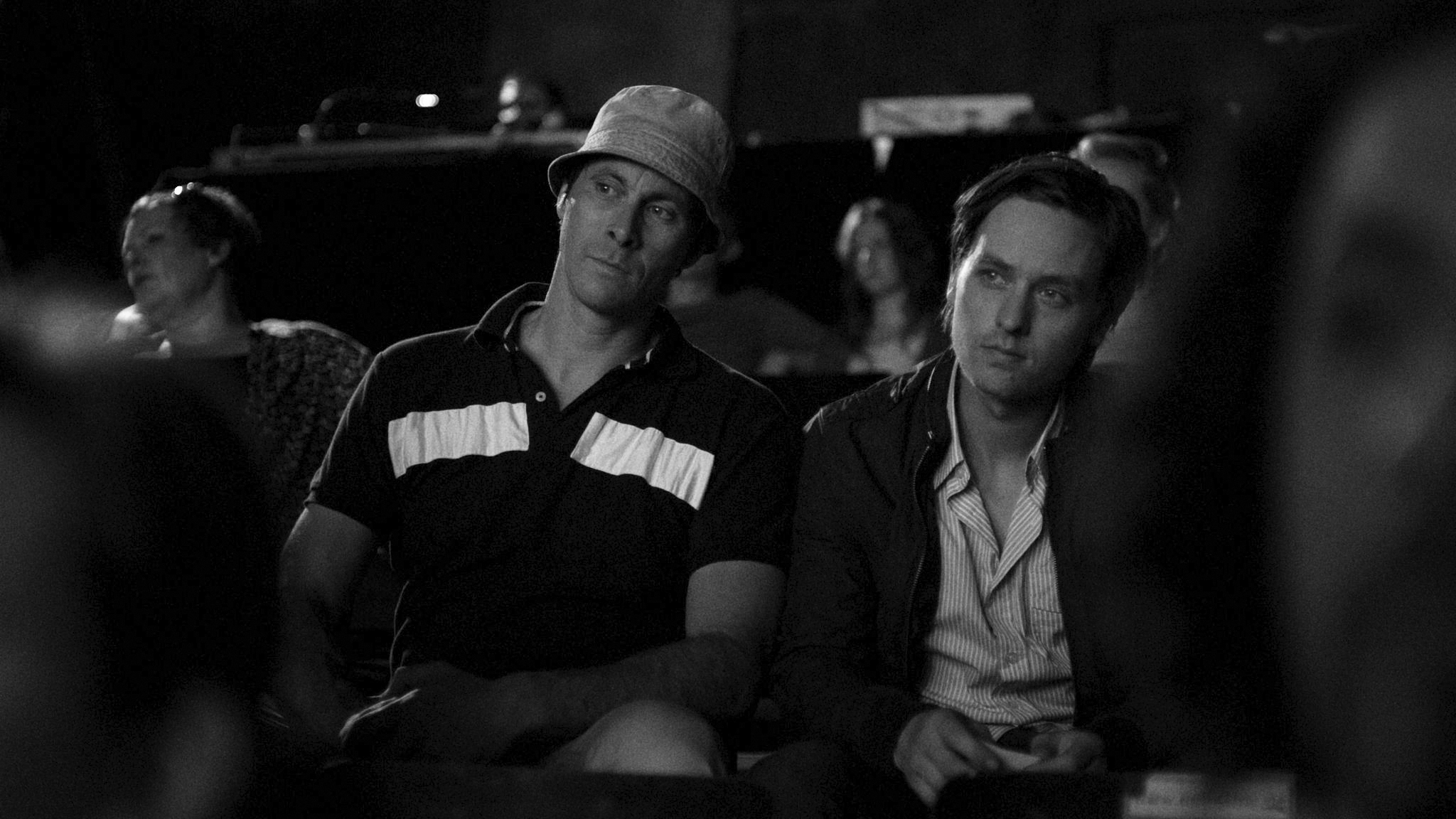June 6, 2014
By Pete Barell
Arts and Entertainment Editor
If a hypothetical Noah Baumbach joined Woody Allen on a train to Berlin, Germany, then met up with Jim Jarmusch to form a small gang, sip espresso and smoke cigarettes at the nearest cafe, the intellectual brainchild of the gathering may resemble something similar to Jan Ole Gerster’s feature debut “A Coffee in Berlin.”

The dark and satirical dramedy stars Tom Schilling as Niko Fischer, a young college dropout who has been spending a lot of time thinking and is consequently scolded by his lawyer father, Walter (Ulrich Noethen), for not being proactive enough in figuring out his life. His allowance is cut off. His girlfriend dumps him. Anyone who has ever been in or just out of college, or maybe even just alive and human, will cringe as Fischer is asked what he does for a living, and he responds with nothing. But the tug-of-war with the shaky, unsure, existential mess which is in all of us does not stop there.
In Allen-esque comic fashion (did I mention it is in black and white?) Fischer meets Julika (Friederike Kempter), who used to be the resident fat girl at his high school, and turned out to be a blue-eyed bombshell whose hobby is avant-garde theatre. The two develop one of the most uneasy relationships in recent film history, among scenes of Fischer’s semi-aimless journey through the city with his burly friend Matze (Marc Hosemann). Along the way, a slew of characters richly posit questions regarding identity, belongingness and general life stuff. The heavy bits do not weigh down the film, which clocks in neatly under an hour and a half, with excellent pacing supplemented by a jazzy score.
Fischer is fairly normal in his own right, if only because he is overshadowed by memorably painted characters around him — imagine Lewis Carroll’s Alice, but instead you find a German man in his twenties navigating the streets of Berlin, constantly denied the coffee which he attempts to purchase throughout the film, and compensating with his nicotine addiction. While Schilling is wonderful at portraying a regular guy, his character could have used some extra agency and clearer objectives to be a real player in the story. Yet, this lacking does not render the film without meaning, as the observable world of the film is never a bore. Fischer’s contemplative blues are established right away with a job interview turned authoritative interrogation. Exposition is presented to us through meaningful dialogue laced with tension, something many films these days seem to bypass.
“Coffee in Berlin” isn’t outright surreal but certain moments, be it an actor friend dressed as a Nazi, the befriending of a kindly old woman, or Fischer seeing someone who hasn’t been in his life for a dozen years, construct an ethereal, fairytale-like adventure. Perhaps it is the attention to small detail — the mundane — and the ability to make those things exceedingly interesting that elevates the film to such top-notch form. Fischer is not just another hopeless hipster searching for artistic retribution, but a conduit for a myriad of filmgoers to reconsider how they view the world and others around them.
The film, an official selection of the AFI Film Festival 2013, is the winner of six (6) 2013 German Academy Awards including Outstanding Feature Film, Best Director for Gerster and Best Actor for Schilling. It will be released by Music Box Films, opening in New York City at the Landmark Sunshine on June 13.
Verdict: A-



Be First to Comment